Click here to read today's passage on Bible Gateway.
Of Branches and Remnants
Today we're going to be summarizing a lot - kind of getting to the point of Romans 9-11. Here's a quick summary of 9-11 that a preaching team I was on a few years ago did:
Chapter 9
God has not gone back on His promises (v.6). He has sovereignly chosen individuals from both the Jews and Gentiles apart from their works and heritage.
Chapter 10
Israel was so busy trying to gain their own righteousness through the law that they missed God’s provision in Jesus Christ. The have no excuse, because the message was given to them.
Chapter 11
Gentiles have no room to boast. God chooses whom He will, not based on merit. The Jews still have a major role in God’s future plans.
Also, here's another chart to help us out:
Of Branches and Remnants
Today we're going to be summarizing a lot - kind of getting to the point of Romans 9-11. Here's a quick summary of 9-11 that a preaching team I was on a few years ago did:
Chapter 9
God has not gone back on His promises (v.6). He has sovereignly chosen individuals from both the Jews and Gentiles apart from their works and heritage.
Chapter 10
Israel was so busy trying to gain their own righteousness through the law that they missed God’s provision in Jesus Christ. The have no excuse, because the message was given to them.
Chapter 11
Gentiles have no room to boast. God chooses whom He will, not based on merit. The Jews still have a major role in God’s future plans.
Also, here's another chart to help us out:
Basically, Paul is still trying to answer the question, "Has God broken His promise by rejecting His chosen people?" I mean, yes - they DID reject the Messiah, but God still made a promise, right? Paul draws the distinction between "Physical Israel" and "Spiritual Israel". Physical Israel are those that are actually Jewish, circumcised, etc., while Spiritual Israel are those that actually believe and are therefore TRULY the children of Abraham (chapter 4). But there is an overlap (top of the chart) - there are those of Physical Israel that truly believe and truly accept the Messiah. Paul calls them a "remnant" - members of Spiritual Israel that are also members of Physical Israel. Remnant or not, Paul tell us that God HAS NOT broken his promises to redeem Israel because He truly will redeem all members of the true SPIRITUAL Israel, children of Abraham because they show the faith of Abraham (again, chapter 4). Physical Israel has no excuse - the had the message and God's word, but rejected it.
That brings us to today: Paul basically tells the Gentiles not to get too proud that they are included, because it is not on their own merit. Because Israel rejected God, they were "pruned" branches and the Gentiles were "grafted in". That just means that they, a foreign branch, were brought into the "plant" by an artificial grafting process. Paul reasons to us (Gentiles) that if we, the foreigners, can be brought in, how much easier could those original branches be brought back in? Don't get too proud about status, lest the Gentiles make the same mistake the Jews did.
Whew - it's pretty complicated with a lot of imagery, but I hope the quick summary helps. Let me know if you have any questions or comments and I'll try to get to them when I'm able.
That brings us to today: Paul basically tells the Gentiles not to get too proud that they are included, because it is not on their own merit. Because Israel rejected God, they were "pruned" branches and the Gentiles were "grafted in". That just means that they, a foreign branch, were brought into the "plant" by an artificial grafting process. Paul reasons to us (Gentiles) that if we, the foreigners, can be brought in, how much easier could those original branches be brought back in? Don't get too proud about status, lest the Gentiles make the same mistake the Jews did.
Whew - it's pretty complicated with a lot of imagery, but I hope the quick summary helps. Let me know if you have any questions or comments and I'll try to get to them when I'm able.
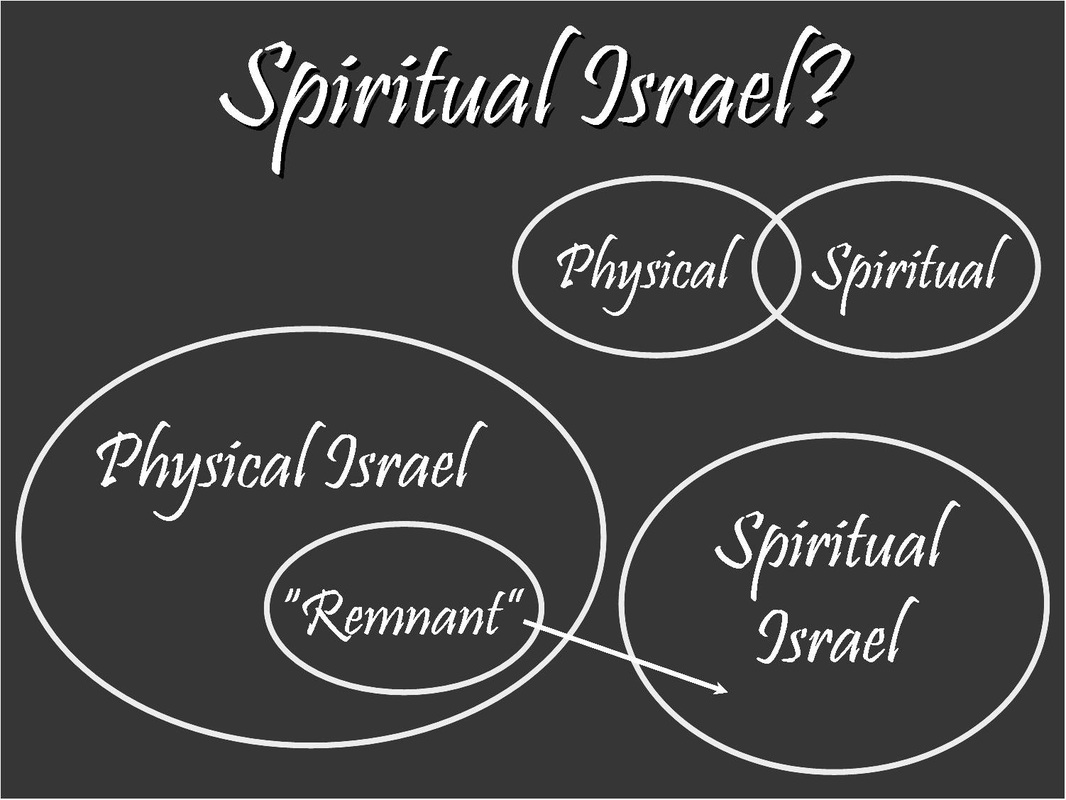
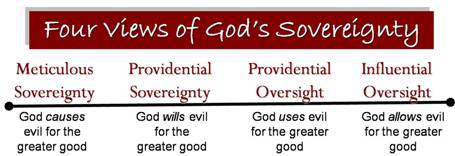
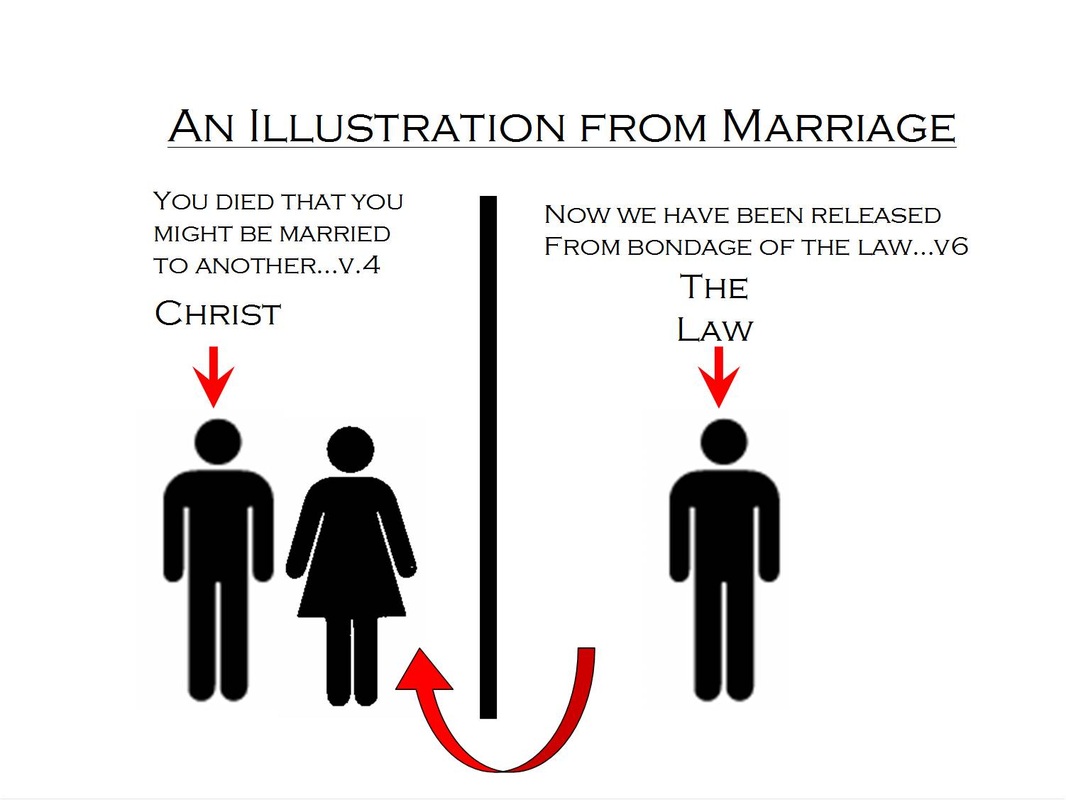
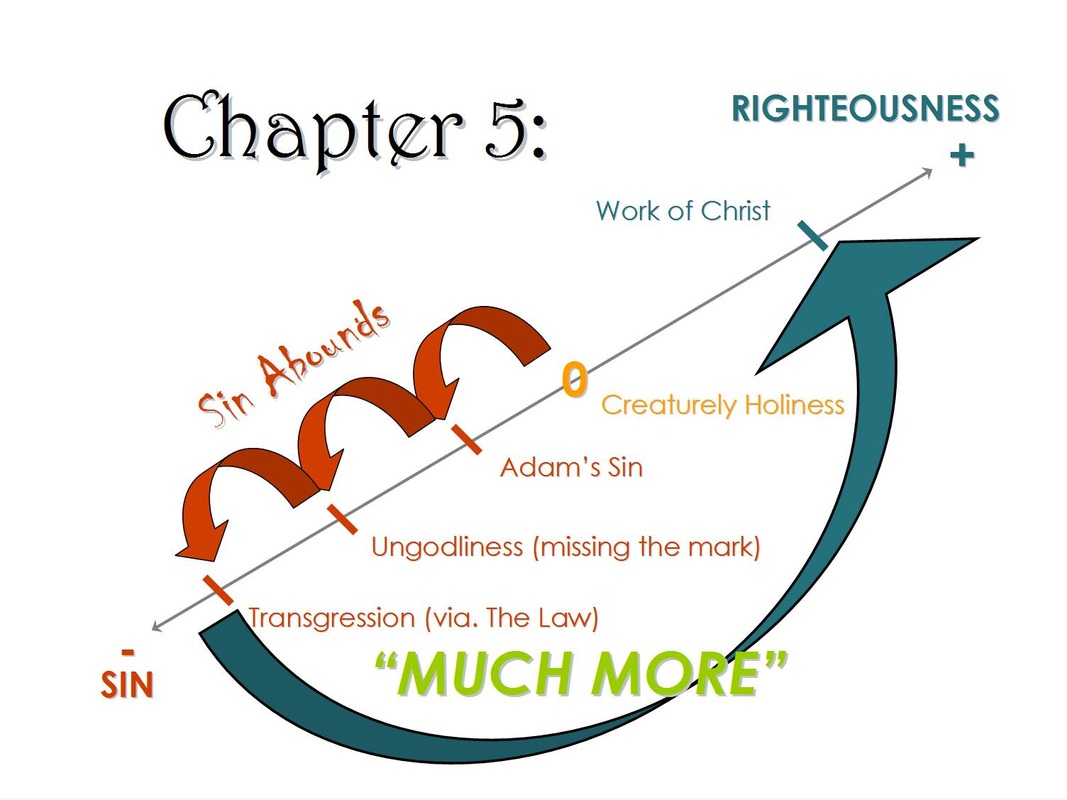
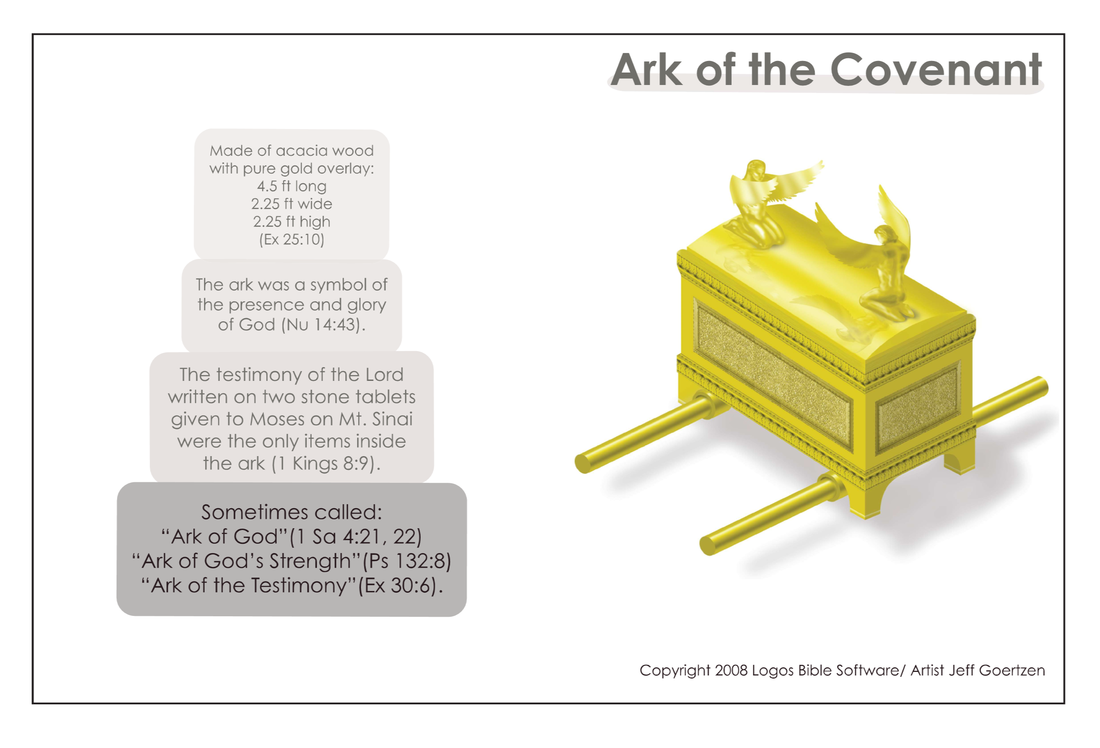
 RSS Feed
RSS Feed
